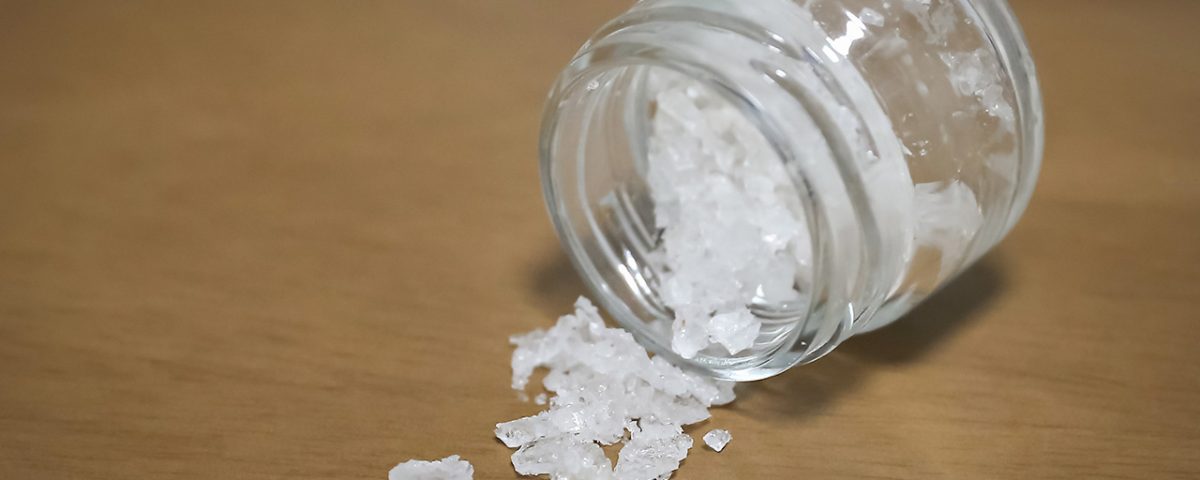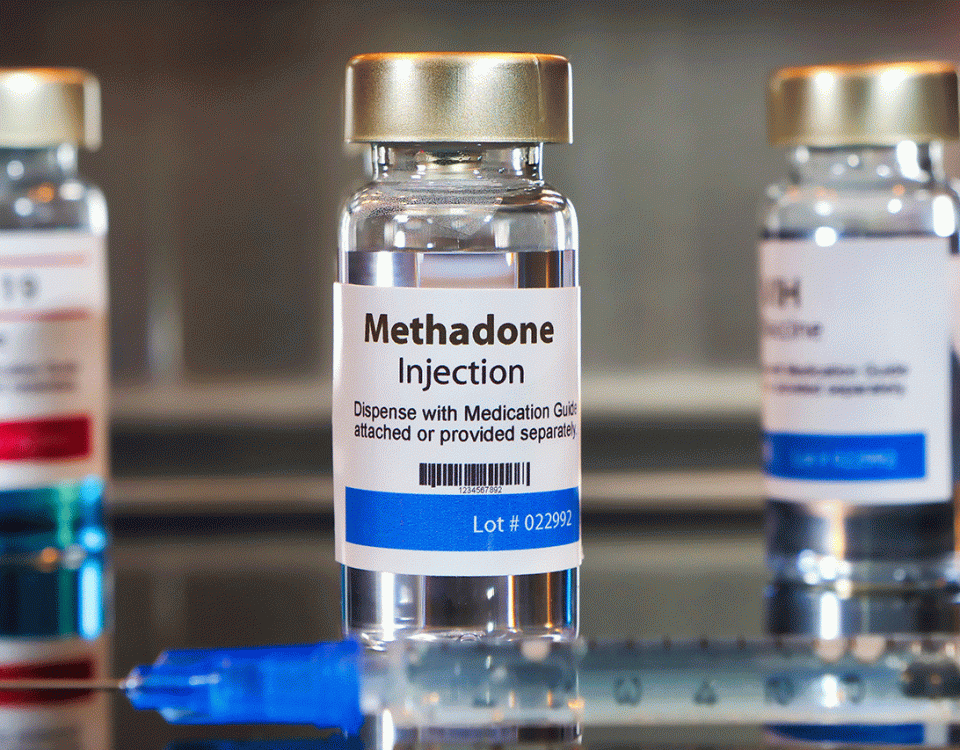Synthetic drugs are a group of potent, man-made substances that are designed to produce a particular high.
These substances are often made in unregulated foreign laboratories and factories with dangerous chemicals that are often unknown to users. Although the United States government has banned the sale of many synthetic drugs, drug dealers manage to find ways to please their customers. To evade legal detection, makers regularly alter the drugs’ formulations. Drug dealers also sell these products in plastic bags under random labels like “jewelry cleaner” or “not for human consumption.” Of these drugs, flakka and bath salts receive the most attention. And while they’re of the same drug class, are flakka and bath salts the same thing?
What Is Flakka?
Also referred to as “gravel,” flakka is a synthetic cathinone that’s more powerful than bath salts. Flakka comes in the form of a white or pink foul-smelling crystal. It can be snorted, eaten, injected, or vaporized in e-cigarettes or vape pens. A flakka high is usually aggressive and manic. The drug can also produce side effects like hyperstimulation, vivid hallucinations, severe shifts in mood or manic episodes, and rage severe enough to trigger self-harm or violence. Flakka can also cause physical symptoms like muscle cramps or spasms, heart attack, and death. Gravel or flakka is also addictive, and those who become dependent on this drug often struggle to quit without the help of medical drug detox.
What Are Bath Salts?
Bath salts are also synthetic cathinones that act as central nervous system stimulants. They’re made from man-made derivatives of the African “khat” plant, which is responsible for producing perception-altering side effects. Bath salts, which are not to be confused with bathing products, usually look like white or brown clumpy crystalline powder and are sometimes packaged and labeled “not for human consumption.” Bath salts can be snorted, swallowed, smoked, or injected to create an energetic and hallucinatory high. Some additional side effects of bath salts include extreme agitation, panic attacks, paranoia, violent behavior, heart problems, thirst, dehydration, headache, elevated body temperature, kidney failure, and death.
Difference Between Flakka and Bath Salts
So, are flakka and bath salts the same thing? No, they’re not. The difference between flakka and bath salts is that flakka refers to a specific drug formally called alpha-PVP, while “bath salts” is an umbrella term for unpredictable and heterogeneous mixtures of synthetic cathinones and other chemical additives. Additionally, bath salts usually contain three kinds of stimulants: mephedrone, methylone, or MDPV. For this reason, bath salts tend to act as stimulants, unlike flakka. When the Drug Enforcement Agency (DEA) permanently banned mephedrone and MDPV in July 2012 and methylone in April 2013, manufacturers found a loophole by altering the chemical structure of formulations. The result was a similar but new synthetic substance called alpha-PVP, more commonly known as flakka, which is Spanish for skinny woman (“la flaca”).
The signs of substance abuse can be difficult to identify if you don’t know what to look for. When it comes to flakka or bath salt abuse, the warning signs are primarily bizarre and aggressive behaviors that tend to stand out. In addition to these abnormal behaviors, a person using bath salts or flakka may also display physical signs, including significant weight loss, suicidal behavior, hyperactivity, and repetitive muscle jerking.
If you or someone you know has a drug problem, Banyan Treatment Centers Delaware offers a variety of addiction services that can help. Call us at 888-280-4763 to learn more about our inpatient rehab in Delaware and how we can assist you in your recovery from addiction.
Related Readings:









